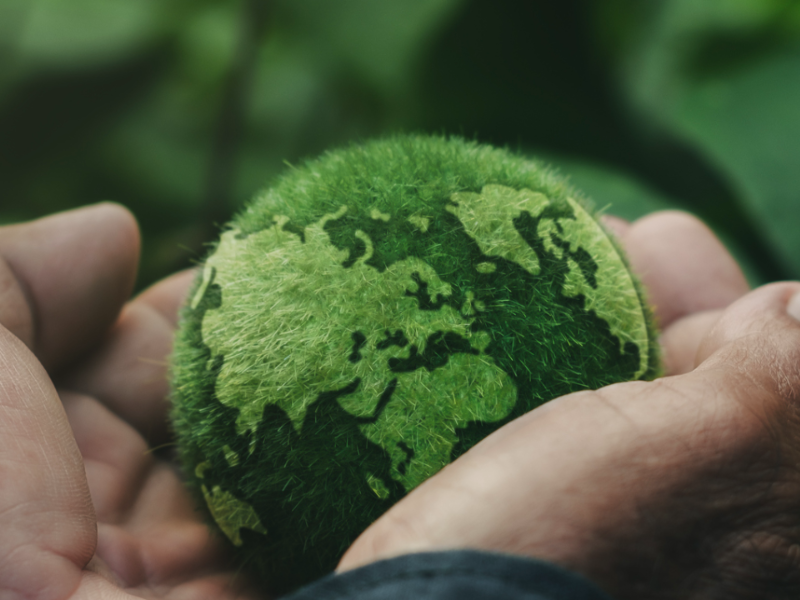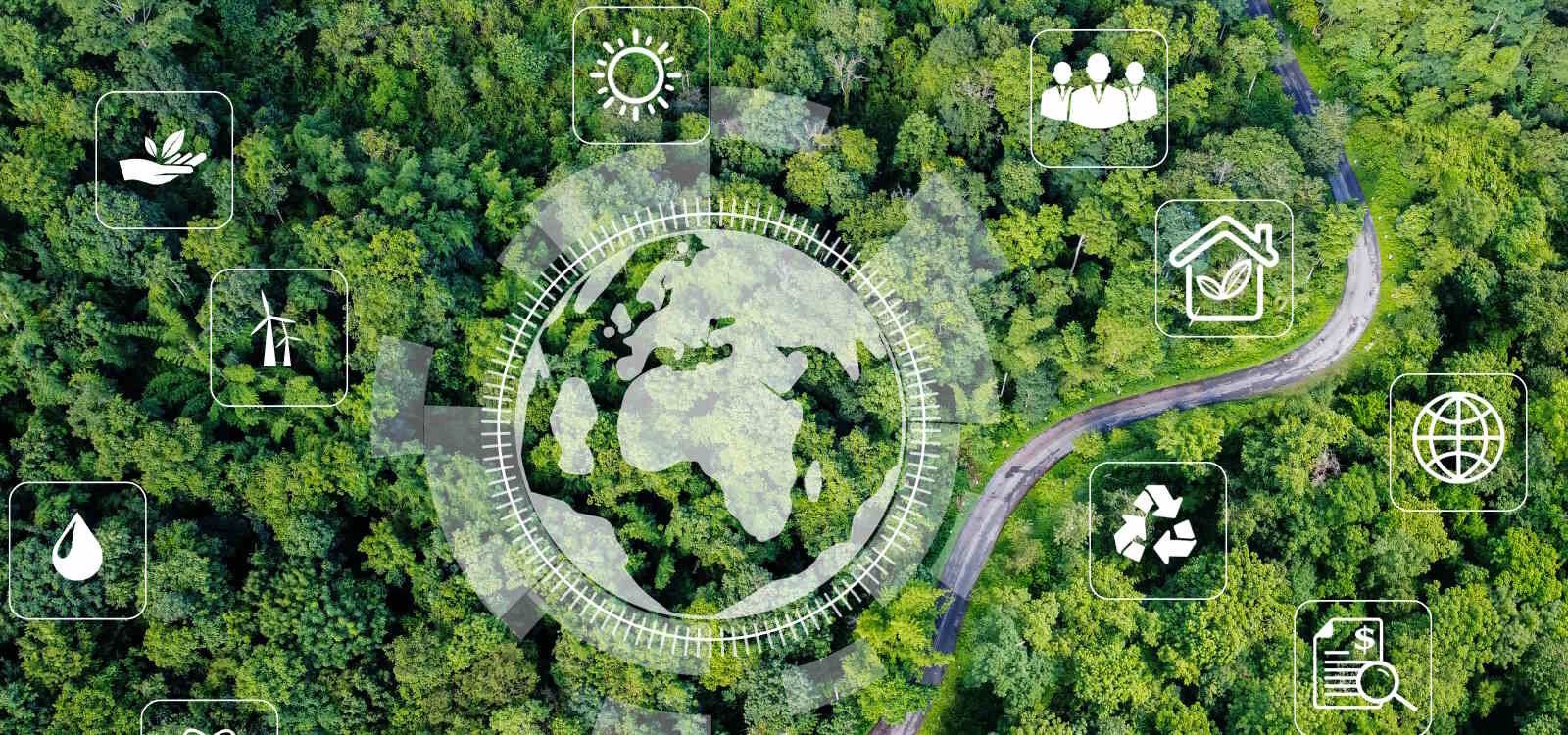At a time when sustainability is no longer just a buzzword but a global imperative, companies must increasingly navigate a complex landscape of sustainability policy regulations. These regulations, which aim to reduce environmental impact and promote social responsibility, are fundamentally changing industries.
At the heart of this compliance journey is procurement, which can make or break a company’s sustainability efforts like no other department. Understanding the interplay between procurement practices and regulatory compliance is critical for companies looking to achieve their sustainability goals while maintaining their competitive advantage.
Find out about the different regulations relevant for procurement

EU supply chain law: How well prepared are companies?
The European Union’s Corporate Sustainability Due Diligence Directive (CSDDD or CS3D) took effect on July 25, 2024. EU Member States have two years to incorporate the CSDDD into their national laws. Companies within the scope must comply according to a phased schedule from July 2027 to July 2029. Many European businesses are already preparing for these regulations. Our study highlights their progress and explores the complexities and challenges encountered.Read more

Impact of the CBAM regulation on procurement
In a long-term move towards environmental sustainability, the European Union (EU) has unveiled the Carbon Border Adjustment Mechanism (CBAM). This regulation, a central pillar of the EU’s ambitious green deal, aims to combat climate change by significantly reducing greenhouse gas emissions. From 2026, CBAM will introduce new tariffs on imported products from outside the EU based on their contained carbon.Read more

Impact of the EUDR on procurement and supply chain
In a long-term move towards environmental sustainability, the European Union (EU) approved a regulation in May 2023 to combat deforestation. This regulation, a key component of the EU’s ambitious Green Deal, will take effect on December 30, 2024. It covers eight commodities — oil palm, soy, wood, cocoa, coffee, cattle, and rubber — and, in some cases, related finished products, which are significant contributors to deforestation.Read more
Meet our sustainabilty experts

